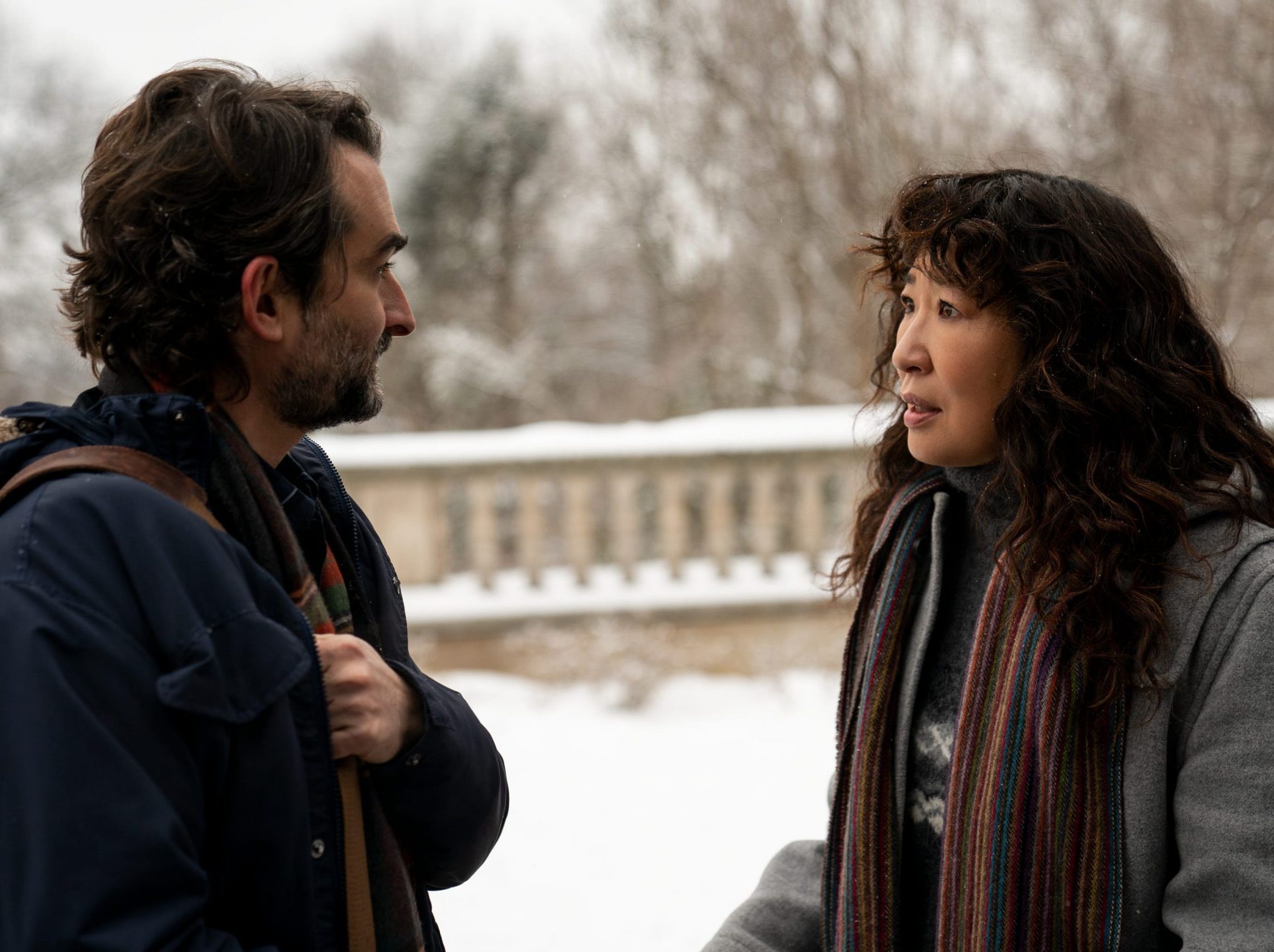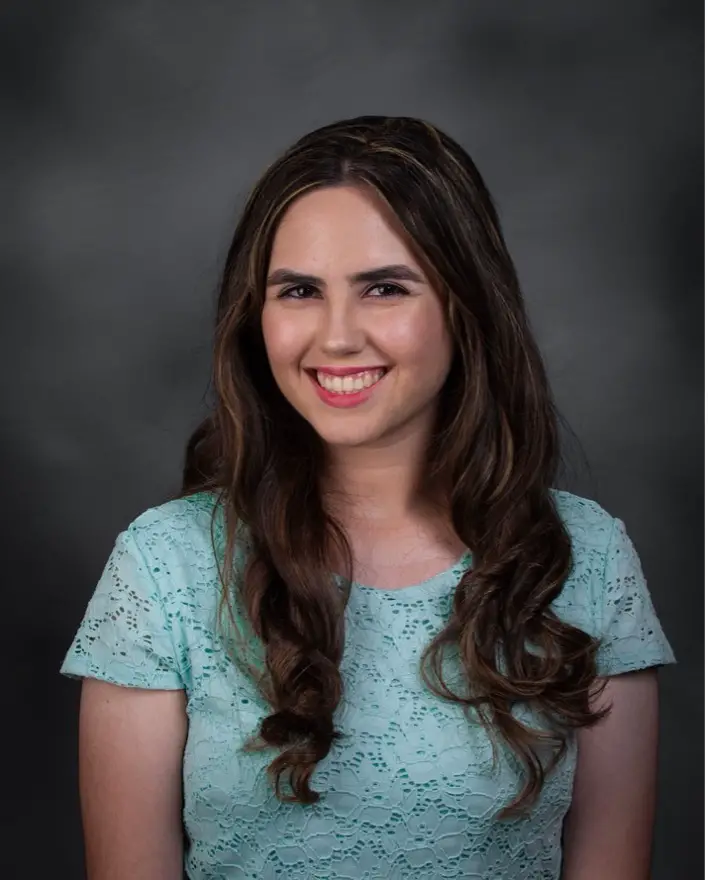Known for her distinguished role as cardiothoracic surgeon Cristina Yang on “Grey’s Anatomy,” Sandra Oh now stars as a different kind of doctor — a doctor of literature. She plays Ji-Yoon Kim, Pembroke University’s new English department chair, on Netflix’s original series “The Chair.” As the first woman in charge of the department, Kim’s new position is constantly jeopardized by controversy and declining enrollments on a campus that’s completely Pembroken.
In Netflix’s sneak peek, Kim sits down in her office as the new English department head, but unexpectedly, the chair collapses beneath her. Throughout the six-episode series, she’ll find out that the seat isn’t the only thing that has a couple of screws loose — Pembroke University is about as stable as Kim’s office chair was.
Per Netflix’s synopsis, Kim “tries to meet the dizzying demands and high expectations of a failing English Department.” Such demands include diverse representation in professor positions, increased student enrollments and appropriate conduct in teacher-student relationships. High expectations include establishing rules of conduct and mandating professional behavior in a class setting.
“The Chair” takes diversity seriously and depicts what the modern atmosphere of a college campus is like. However, the series uses conversational wit and exaggerated mishaps to present the two extremes of any university: the out-of-touch conservatives and the woke supporters of the widely debatable “cancel culture.” Regardless of contentious discussions between these all-too-familiar sides, “The Chair” creates an equal balance by poking fun at each group.
Available for streaming since Aug. 20, viewers can laugh at the everyday reality that haunts both sides of the political spectrum. For its humorous representation of a divided atmosphere, “The Chair” is a seat worth taking.
Diversity On and Off Campus
In recent years, colleges have placed greater emphasis on diversity, equity and inclusion. Despite unique beliefs and backgrounds, treating others with respect is essential to maintaining a healthy campus. “The Chair” diversifies its cast to include underrepresented minorities in Pembroke.
For example, Kim is not only the first female head of the English department but also the first woman of color to fulfill the role. Black female scholar Dr. Yaz McKay, played by Nana Mensah, is a promising professor who’s being considered for tenure. Kim wishes to award her a distinguished lectureship. To Kim, McKay’s progress is a step in altering the racial make-up of Pembroke.
However, “The Chair” brings up that merely including people of color in high office positions will not suffice. A student points out, “They stick a couple of Black women on their panels or on their syllabi, pat themselves on the back, and call it a day. It’s not enough to just insert a few people of color.” Kim takes the argument seriously — and this is just one way the series embraces diversity through acceptance and discussions of various backgrounds.
Off-campus, “The Chair” highlights other cultures. Audiences learn about the doljabi tradition of Korean culture through Kim’s family and Mexican culture through Kim’s adopted daughter, Juju.
While Pembroke University works to embrace diversity for students and faculty, which is representative of modern campuses, it struggles to keep two politically and socially stubborn sides happy.
The Two Sides of Pembroke University
It’s not long before Pembroke has a scandal. Filmmaker Jay Duplass plays a damaged and messy widower, Bill Dobson. When he’s not heavily drinking or chaotically racing around on a scooter, Dobson teaches death and modernism as an astute professor. Unfortunately, his slightly over-the-top teaching style gets him in trouble.
Dobson teaches his class two concepts: absurdism and fascism. He describes how all meaning under fascism is “ascribed to the state” and no meaning exists under absurdism. Before getting into the pangs of World War II and the Holocaust, he makes an abrupt “Heil Hitler” gesture, which a student records on camera. The video of the salute goes viral and leads to a campus-wide campaign for his removal.
If viewers consider everything that the character has gone through, the desire to take Dobson’s side on the issue and accept the reasoning behind his use of the gesture is understandable. However, because he doesn’t take the backlash seriously, Dobson only digs a deeper hole for his career.
Although comedic, Dobson fails to come to terms with the offensive issue. During a meeting with the dean to discuss protocols, the dean asks, “Do you think it’s acceptable to joke about Nazis?” Dobson responds, “No, but that does remind me of this time when two Nazis walked into a bar.” Rather than considering an apology for the inappropriate gesture and explaining the reasoning behind it, he dismisses the consequences.
On the other hand, viewers can reason with the outraged college students. From their point of view, a professor made an offensive gesture, and he should pay the price for it. But because “The Chair” establishes nuance on both sides and exposes the faults of each group, the college students can surely be out of line.
The students who decided to take a video of Dobson’s lecture were already looking for ways to get him in trouble. They’ve seen glimpses of his disheveled life, and they use his vulnerability to their advantage. What “The Chair” seems to condemn are both the individuals who spread faulty information without context and those who easily believe it.
Of course, Kim must put up with the entire issue — and it doesn’t help that she and Dobson have a complicated romantic relationship. Dobson’s insubordination affects Kim’s reputation, and out of stress, she lashes out at him, “You kept digging and digging until you buried the both of us.”
“The Chair” highlights the appropriate conduct in a classroom setting and makes fun of the kind of unreasonable, extreme behavior that viewers unwittingly hear about daily. Although Dobson’s Nazi salute is an essential issue of the Netflix original, other problems arise between those who favor traditional beliefs and those who advocate modern ideals.
Kim’s Position is a “Ticking Time Bomb”
On top of diversifying the Pembroke campus and solving the Dobson issue, Kim must battle the chaos of a failing English department. To sum up her new role as the chair, she states, “I feel like someone handed me a ticking time bomb because they wanted to make sure a woman was holding it when it explodes.”
By watching the series, viewers can find out how Kim solves (or doesn’t solve) some major issues in the English department. How will a traditional professor oversee McKay’s tenure case when he doesn’t agree with her style of teaching? How will Dr. Joan Hambling, the hilarious Chaucer scholar, handle her new classroom assignment in the athletics building?
Kim must balance the wants of her peers and the needs of Pembroke University. But as viewers will find out, Kim can’t please everyone, no matter how productive she is as the new chair.
For its diverse representation and accurate, albeit exaggerated, depiction of both modern college campuses and real-world issues, “The Chair” is a satisfying binge-watch. Its humor and extraordinary characters make light of this tough, argumentative world.
For those who miss Cristina Yang or want to see Sandra Oh make a humorous comeback, “The Chair” is worth a watch. Although she may not be performing heart surgeries anymore, she still finds a way to reach the hearts of her peers and students as Dr. Ji-Yoon Kim.

















